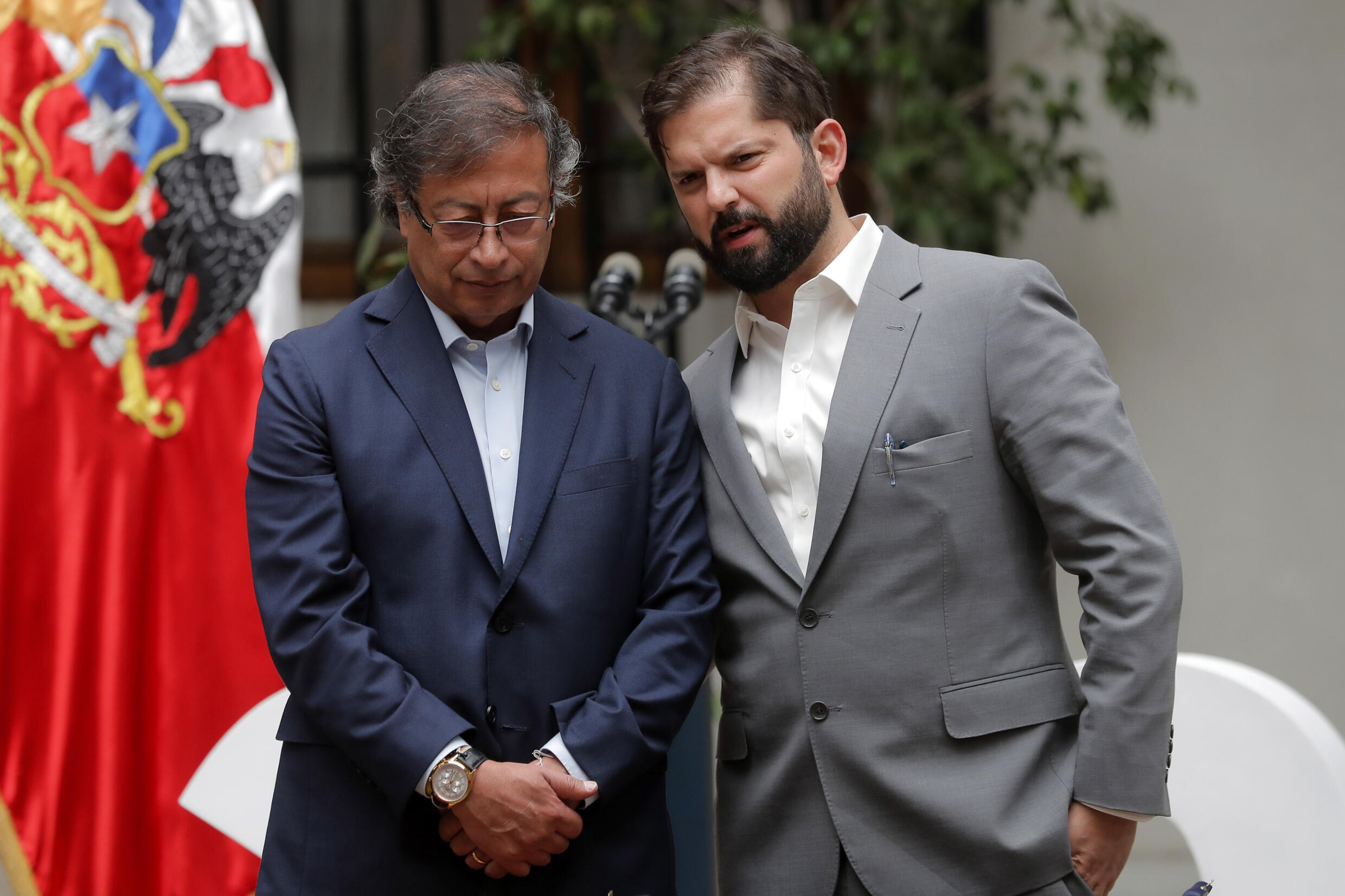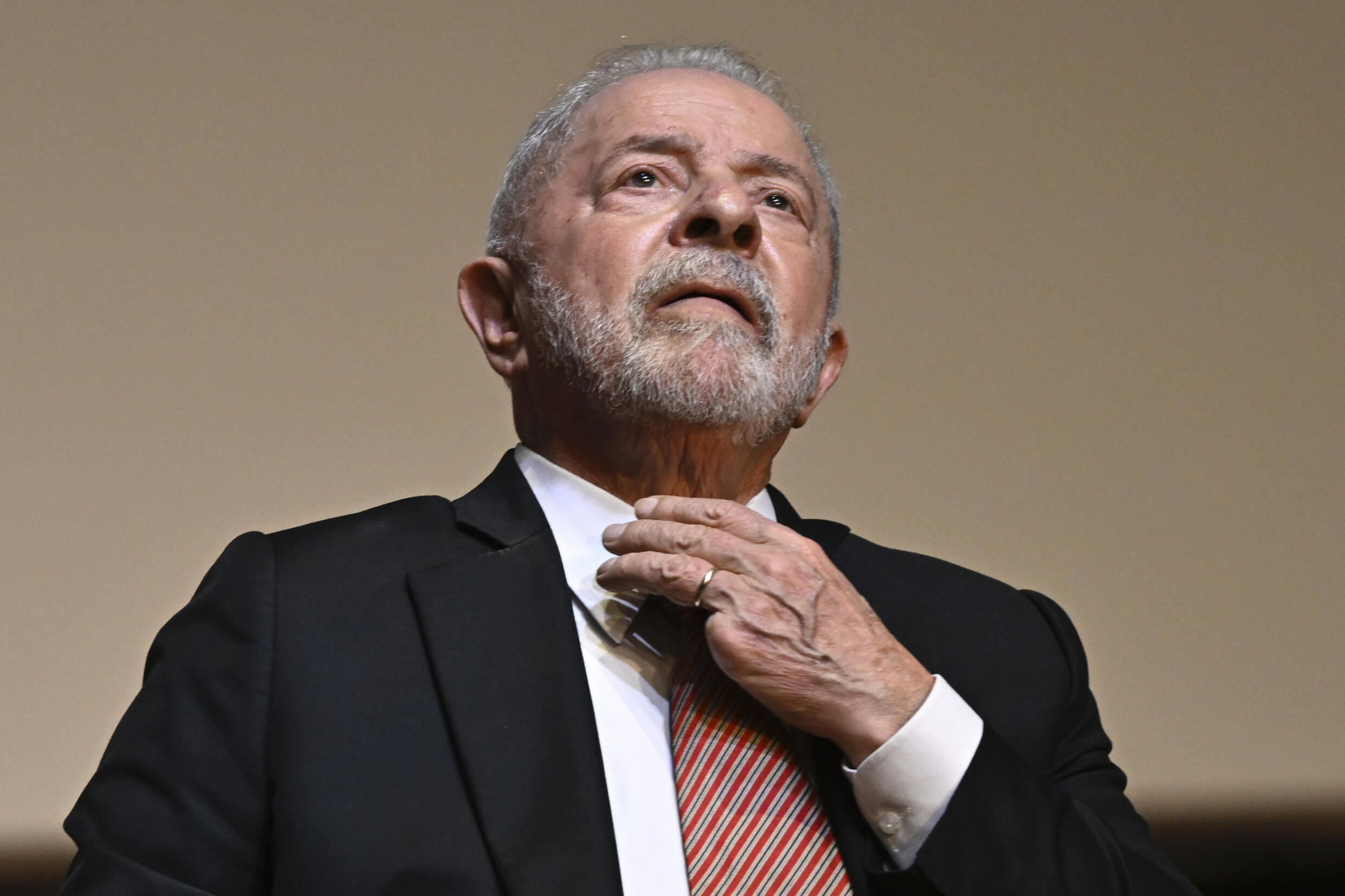First modification:
Santiago (AFP) – The wave of repression in Nicaragua and the stripping of nationality from more than 300 opponents ordered by the government of Daniel Ortega poses a dilemma for left-wing governments in Latin America, several of which have hesitated to condemn it.
Following in the footsteps of Chilean President Gabriel Boric, representative of a new generation of the left that was more vocally critical of Ortega, other countries offered asylum and citizenship to Nicaraguan opponents accused of “treason.”
On February 9, the Government of Nicaragua released 222 political prisoners, expelled them to the United States, and withdrew their nationality. A week later, Managua stripped 94 dissidents of their citizenship, most of whom are already residing abroad. To all of them Spain offered nationality.
Among those affected are former presidential candidate Cristiana Chamorro, former guerrilla commander Dora María Téllez; the novelist and former vice president of the country Sergio Ramírez, as well as the writer Gioconda Belli.
Boric’s reaction, who called Ortega a “dictator”, was the most energetic and marked a difference with his peers.
Chilean Foreign Minister Antonia Urrejola said that “every day” Nicaragua becomes “a totalitarian dictatorship, where any type of dissent is persecuted.”
According to Michael Shifter, former president of the Washington-based Inter-American Dialogue, Boric “has assumed a forceful and ethical position in the face of the most dramatic human rights situation in Latin America in the last 30 years,” while the “other left-wing Latin American presidents , ideology weighs more heavily on them than reality”.

“To his more radical bases, condemning Ortega could be interpreted as siding with Washington, which remains a sensitive issue,” Shifter said.
hesitations
Mexico and Argentina, despite their tradition of welcoming politically persecuted and war refugees, have been hesitant towards the oppressed in Nicaragua.

Argentina, however, took a step when its foreign minister Santiago Cafiero said that they were “in a position to grant citizenship” to the affected Nicaraguans.
More limited was the announcement by the Colombian government of Gustavo Petro, a former guerrilla like Ortega.
“Interpreting the solidarity of the country and the sentiment of President Gustavo Petro, I offered Colombian nationality to the Nicaraguan politician, intellectual and writer Sergio Ramírez,” Colombian Foreign Minister Álvaro Leyva also announced.
Mexican President Andrés Manuel López Obrador said on Wednesday that he was offering “asylum, nationality, whatever they want” to Nicaraguan dissidents, but also without criticizing the Ortega government.
He advocated that Nicaragua resolve its problems through dialogue. “We always look for an agreement to be reached and for the prisoners to be released,” she explained.
The Mexican president “says that he does not want to enter into a confrontation to keep the doors open to a political dialogue” in Nicaragua and to make Mexico a successful mediator again, as it was in the Central American peace agreements, he explained to AFP Martín Íñiguez, professor of political science at the National Autonomous University of Mexico and the Universidad Iberoamericana.
Lula quiet, Mujica quiet
Others have refrained from speaking out, such as the Brazilian Luiz Inácio Lula Da Silva. Sectors further to the left of the different political forces that helped him return to power maintain solid ties with Venezuelan Nicolás Maduro, one of Ortega’s main allies, along with Cuba.

“Silence is the best strategy for Lula. Nicaragua is an issue on which anything he says will displease his most centrist voters, who voted for him worried about the threat of (Jair) Bolsonaro to democracy, or to a part of the PT, which defends silence or defends Ortega,” said Oliver Stuenkel, a professor of International Relations at the Getulio Vargas Foundation in Sao Paulo.
Another ex-guerrilla, former Uruguayan president José Mujica, a friend of Lula’s and leader of the regional left, was perhaps the most synthetic, admitting that Ortega’s hand “lost a while ago.”



